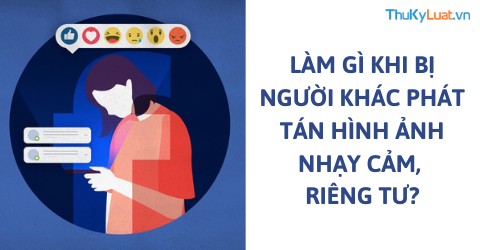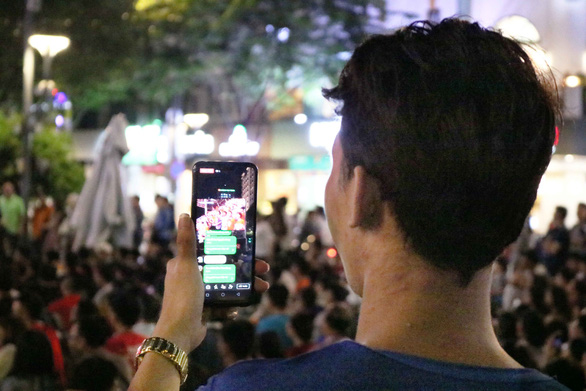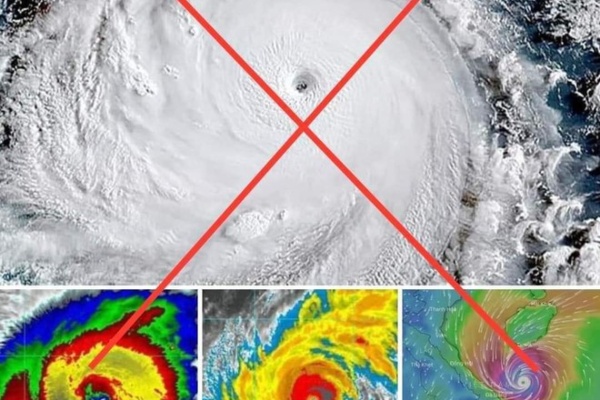Since the Cybersecurity Law 2018 of Vietnam took effect, public opinion has become increasingly concerned about the legal provisions on how revealing other people's private life secrets on social networks without permission will be handled.
Private life secrets can be understood as information, documents, events, and circumstances about an individual's private life that others may not spread without that person's consent or the law.

The privacy of individuals is respected and protected by law through many regulations in different branches of law and in International Treaties to which Vietnam is a member. Specifically, some provisions in legal documents are as follows:
+ The Constitution 2013 of Vietnam:
Article 21
1. Everyone has the right to inviolability of private life, personal secrets and family secrets; and has the right to protect his or her honor and reputation.
The security of information about private life, personal secrets or family secrets shall be guaranteed by law.
2. Everyone has the right to privacy of correspondence, telephone conversations, telegrams and other forms of private communication.
No one may illegally break into, control or seize another’s correspondence, telephone conversations, telegrams or other forms of private communication.
+ The Civil Code 2015 of Vietnam:
Article 38. Right to private life, personal secrets and family secrets
1. The private life, personal secrets and family secrets of a person are inviolable and protected by law.
2. The collection, preservation, use and publication of information about the private life of an individual must have the consent of that person; the collection, preservation, use and publication of information about the secrets of family must have the consent of all family’s members, unless otherwise prescribed by law.
3. The safety of mails, telephones, telegrams, other forms of electronic information of an individual shall be ensured and kept confidential.
The opening, control and keeping of mails, telephones, telegrams, other forms of electronic information of an individual may only be conducted in cases provided by law.
4. Contracting parties of a contract may not disclose information about each other's private life, personal secrets or family secrets that they know during the establishment and performance of the contract, unless otherwise agreed.
+ According to Clause 1 Article 17 of the Cybersecurity Law 2018 of Vietnam:
1. The following acts are considered cyber espionage or deliberate violation of state-secret information, work secrets, business secrets, family secrets and privacy in cyberspace:
a) Illegal obtainment, trade, collection, deliberate revelation of information classified as state secret information, work secrets, business secrets, family secrets and privacy which harm the dignity, reputation or lawful rights and interests of another organization or individual;
b) Deliberate deletion, causing damage, loss or changes to information classified as state-secret information, work secrets, business secrets, family secrets and privacy that is transmitted or stored in cyberspace;
c) Deliberately changing, canceling or neutralizing a technical measure that is meant to protect state-secret information, work secrets, business secrets, family secrets or privacy;
d) Posting state-secret information, work secrets, business secrets, family secrets and privacy in cyberspace against the law;
…
Thus, when a subject commits an act of disclosing another person's personal information without consent, it is an act contrary to the law. For this act, depending on the level of the act, the method of execution, and the consequences of the act affecting the person being violated, the legal liability applicable to the violator will be determined specifically.
+ Civil liability: When being violated, the violated subject has the right to request competent authorities to protect his or her rights and apply civil measures against the person committing the violation as follows:
- Recognize, respect, protect and ensure your civil rights;
- Forced termination of infringing acts;
- Forced public apology and correction;
- Forced performance of obligations;
- Forced compensation for damages;
- Other requirements as prescribed by law.
+ Administrative liability: When there is sufficient evidence for a violation, administrative measures specified in Article 101 of Decree No. 15/2020/NĐ-CP of Vietnam’s Government prescribing penalties for administrative violations against regulations on postal services, telecommunications, radio frequencies, information technology and electronic transactions will be applied. To be specific:
Article 101. Violations against regulations on responsibility of social networking service users
1. A fine ranging from VND 10,000,000 to VND 20,000,000 shall be imposed for the commission of one of the following violations:
a) Providing/sharing fake or false information with the aims of distorting, slandering or damaging the prestige, honor and dignity of other organizations, authorities or individuals;
b) Providing/sharing information with the aims of encouraging unsound customs, superstitions or pornography, or which is not conformable with the national good traditions and customs;
c) Providing/sharing information describing in detail acts of cutting off/killing, accidents, horror and frightful acts;
d) Providing/sharing fictitious information with the aims of causing a panic among the population, inciting violence, crimes, social evils, gambling or serving gambling activities;
dd) Providing/sharing journalistic, literature and arts works and other publications without the consent from holders of intellectual property rights over such works, or which are not allowed to be distributed or subject to a distribution prohibition or confiscation decision;
e) Advertising, disseminating or sharing information on prohibited goods/services;
g) Providing/sharing images of Vietnam’s map which does not indicate the entire and accurate national sovereignty;
h) Providing/sharing paths/links to prohibited information on networks.
2. A fine ranging from VND 20,000,000 to VND 30,000,000 shall be imposed for disclosing information classified as state secret, an individual’s privacy or other secrets if not liable to criminal prosecution.
3. Remedial measures:
Enforced removal of false, misleading or violating information in case of commission of any of the violations in Clause 1 and Clause 2 of this Article.
Depending on the level of behavior, the fine shall be different. The maximum fine for this act can be up to VND 30,000,000 and additional remedial measures may be applied.
+ Criminal liability: Violators who appropriate information and then spread it on social networks, affecting the reputation and dignity of others, may be prosecuted for criminal liability. Specifically, according to Article 159 of the Criminal Code 2015 amended in 2017 of Vietnam:
1. A person who recommits any of the following acts despite the fact that he/she has incurred a disciplinary or administrative penalty shall receive a warning, be liable to a fine of from VND 20,000,000 to VND 50,000,000 or face a penalty of up to 03 years' community sentence:
a) Appropriation of another person's mails, telegraphs, telex, faxes or other documents which are transmitted on the postal or telecommunications network in any shape or form;
b) Deliberately damaging, losing or obtaining another person's mails, telegraphs, telex, faxes or other documents which are transmitted on the postal or telecommunications network;
c) Listening or recording conversations against the law;
d) Searching, confiscating mails or telegraphs against the law;
dd) Other acts that infringe upon secret information, mail, telephone, telegraph privacy or other means of private information exchange.
2. This offense committed in any of the following circumstances carries a penalty of 01 - 03 years' imprisonment:
a) The offense is committed by an organized group;
b) The offense involves abuse of the offender's her position or power;
c) The offense has been committed more than once;
d) The obtained information is disclosed and affects another person's dignity or reputation;
dd) The offence results in the suicide of the victim.
3. The offender may also be liable to a fine of from VND 5,000,000 to VND 20,000,000, be prohibited from holding certain positions for 01 - 05 years.
Long Binh
 Article table of contents
Article table of contents










.Medium.png)
.Medium.png)
.Medium.png)
.Medium.png)
